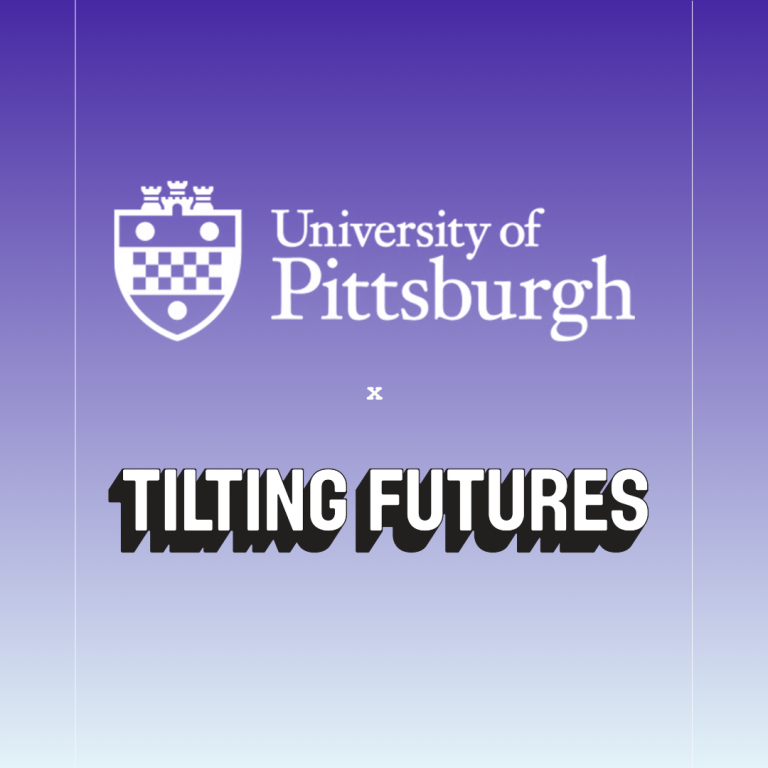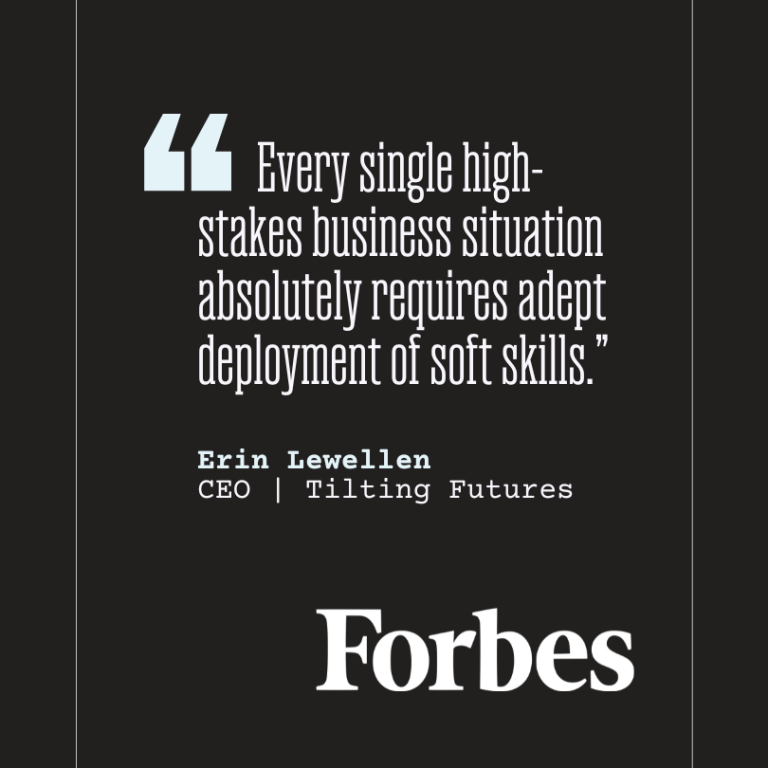After high school, Abby Falik was frustrated at her limited options for service. Now her organization sends young, engaged leaders to work on projects around the world before they head off to college.
When Global Citizen Year founder Abby Falik was 18, she wanted to enroll in the Peace Corps instead of going straight to college. “I was a good student, but ready to do something real in the world before continuing on to more school, and the Peace Corps says, ‘See you in four years, go to college first,’” she remembers. “So I’ve been sort of fixated since then on the irony that when you’re 18 in this country, you can join the military, you can join some sort of religious mission and go abroad, but there’s no way to do global service in a civilian capacity.”
Falik ultimately headed for Central and South America on her own, working in a home for street children and, as she puts it, “unfortunately learning by negative example about what happens in the NGO world” before returning to America and enrolling in Stanford, staying for a master’s program in their school of education. “My master’s thesis, which I wrote now 10 years ago, sits on my desk today,” she says. “It was the blueprint for Global Citizen Year, but I didn’t know it yet.” She ultimately spent two years at Harvard Business School developing a financial model for the program, and in 2009, she launched Global Citizen Year with its first 11 fellows.
In the U.S., the conveyor belt from high school to college is–in most cases–not equipped with an alternate route. But the concept of a gap year in which students take time after high school to work or travel is widely accepted in Europe and Australia. With Global Citizen Year, Falik offers a very specialized alternative to this tradition. “We love the idea that we could reframe the metaphor,” she says. “Kids aren’t falling into a gap – how can we restructure this in a way that’s very deliberately about helping kids transition from one stage of their education to the next?”
Falik’s program isn’t for everyone. She is specifically interested in isolating, recruiting, and training a corps of emerging leaders from diverse backgrounds across the country. Her frequently repeated mantra is, “We’re focused on preparing a new generation of global leaders.” In other words: This program is not for your patchouli-headed nephew who wants to go hacky-sack his way across New Zealand. “There is a critical need to find kids who’ve got leadership potential,” Falik says, “and to make sure that they have deep and meaningful exposure to emerging parts of the world at a formative age so that it influences everything they choose to study, and then how they think about their careers.”
Students accepted into Global Citizen Year begin a 10-month program with a boot camp stateside before being sent to Brazil, Ecuador, or Senegal to work on projects ranging from building clean cookstoves to shadowing doctors. Some work with the Nike Foundation to help empower girls to break the cycle of poverty; others help teachers learn to use the internet. “Typically there are a couple of common themes in what they do, based on what they can do as 18-year-olds,” Falik says. “They all speak English, so they can do translation, teaching, training, and those are universally skills that are valuable. And they have a pretty sophisticated degree of tech-savvy, just being a teen. Being the one to come into the school and see that USAID dropped off a bunch of computers but nobody’s learned how to actually hook them up and network them and learn how to use a mouse and learn how to use Microsoft Office, super simple stuff that actually makes a huge difference.”
The students reconvene in the States after their time abroad to decompress and prepare to reenter their educational path, where they’re welcomed with open arms, says Falik. “What’s amazing–and it’s kind of this closely held secret–is that every school we’ve ever encountered is hungry for kids who’ve had opportunities like this,” she says, “who’ve had experiences of themselves in the world and who bring that real world experience and focus and maturity to college.” Princeton, for example, encourages up to 10% of their incoming freshmen to take a service bridge year if they choose, and Global Citizen Year is now partnering with The New School in a pilot program to jointly admit kids to both, then return them to The New School after their time abroad with sophomore standing. “It’s a signal that higher ed is ready to get on board with this idea,” Falik says. “We just need to figure out what the model can look like so we make it easy for them to direct more kids to have these experiences before they start.”
While Global Citizen Year remains a small-scale program, it’s growing quickly–this year’s “class” will be 100 students. “We know this is just the beginning. Our vision is to create a blueprint a national scale change” says Falik. “So that one day this becomes a common part of American culture. A common expectation for kids from across socioeconomic spectrum.” Falik hopes to expand to more countries in the future (perhaps India, China, or the Middle East), as well as add more corporate sponsorships to the program. And though the program is only in its third year–meaning its first fellows are now college sophomores with a long road ahead–Falik says she can already see transformations. “They come back after their year with us and they win all kinds of scholarships that they didn’t have before, they’re spending their summers abroad in really amazing hands on internships, and two-thirds of them are designing their own majors,” she says, proudly. “We’re really interested in what happens next.”



